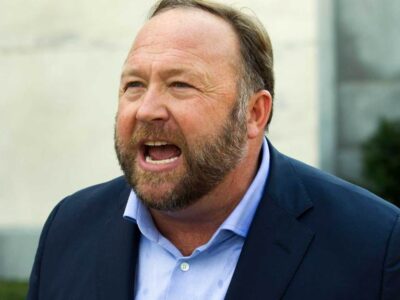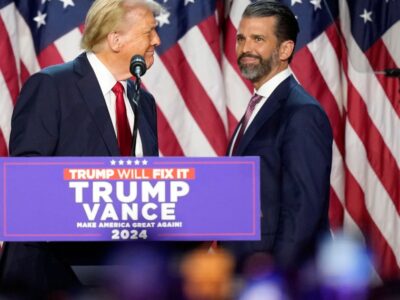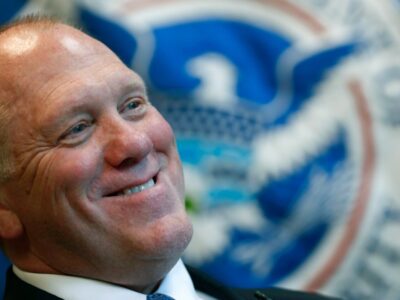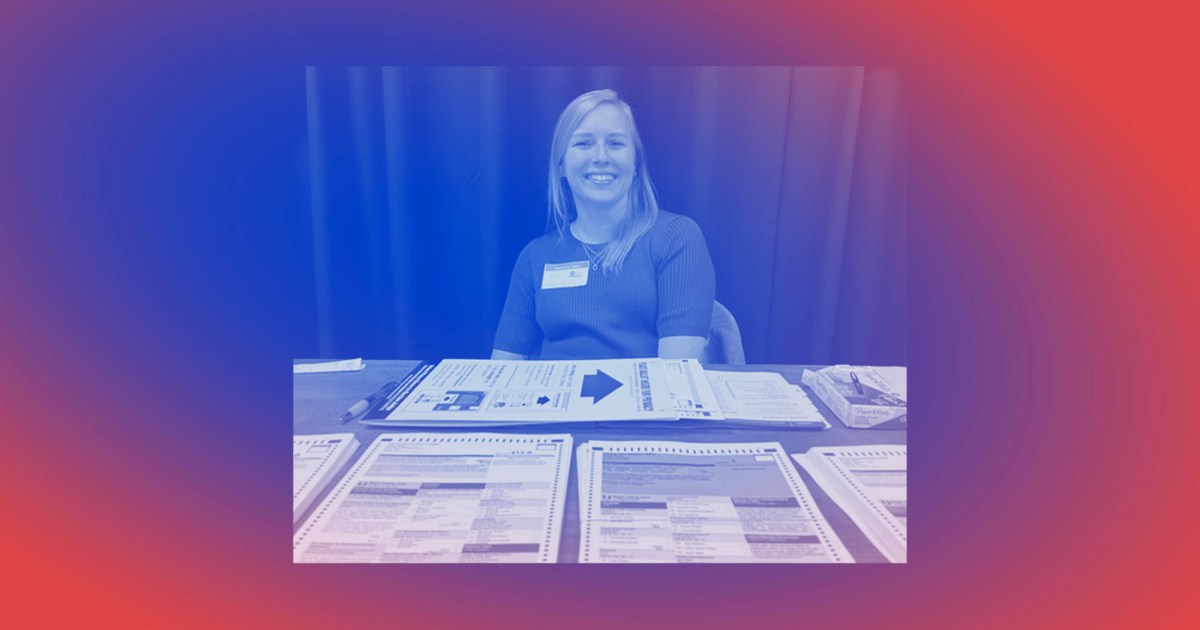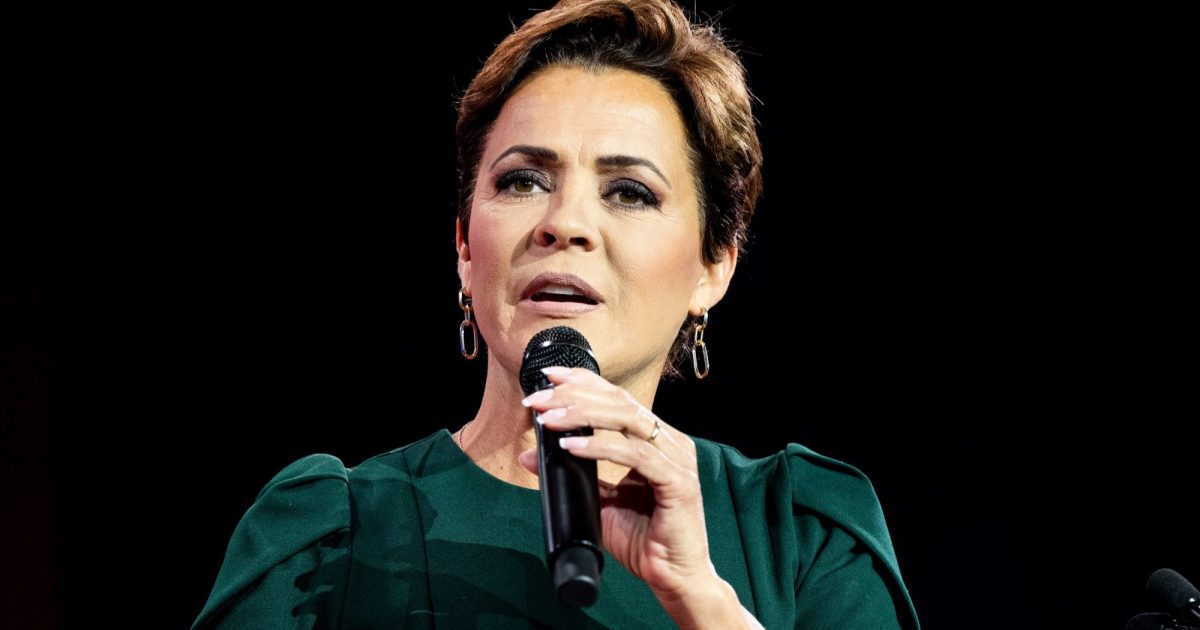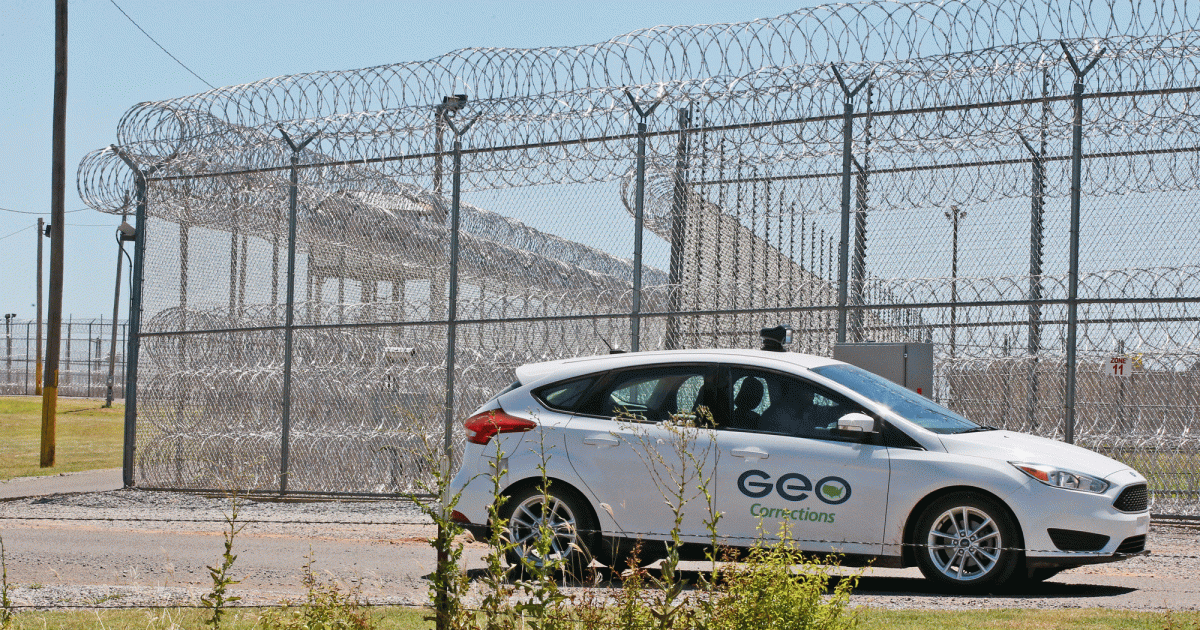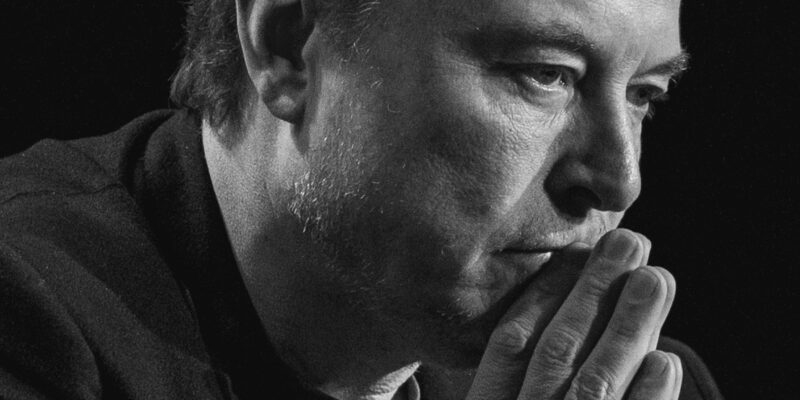
Elon Musk’s $150 million pro-Trump super-PAC is one of the biggest campaign-finance stories in years—maybe ever. It’s the first time a presidential campaign has completely outsourced much of its get-out-the-vote operation to an outside group. And so far, it has been more X than SpaceX.
Musk has overhauled his staff at least once, been sued by the city of Philadelphia, and taken criticism from Republicans who fear that putting a billionaire novice in charge of turnout operations in a nailbiter election just might cost former President Donald Trump the whole thing. The early returns are, as he might say, concerning. The Guardian reported last month that 24 percent of all door-knocks in the state had been flagged as fraudulent by the PAC; in one case, according to the report all 796 door-knocks attributed to one now-fired canvasser had been faked. According to a recent story in Wired, it’s not even clear if some of the people working for the PAC know they’re working to elect Trump.
“It was reported in the New York Times yesterday, I don’t know if anybody saw the article, but there was a canvasser here who was knocking on doors for Donald Trump, and simultaneously managed to be on a golf course 7,000 miles away,” Arizona Sen. Mark Kelly told a room full of volunteers at a Democratic field office in Phoenix on Sunday. “So that’s their operation.”
Unlike most field campaigns, Musk’s mercenaries don’t hold big canvassing launches with coffee and donuts and VIPs, so I wasn’t sure if I’d even encounter them on the ground in Arizona. But it turns out you don’t have to go looking for Musk’s PAC; at Trump campaign events, they’ll come to you.
Almost as soon I slipped into line for J.D. Vance’s rally on Saturday, at the offices of a Scottsdale weapons manufacturer, I encountered a pair of tablet-toting America PAC organizers, walking up and down the line asking people for their information. It was the biggest canvassing day of the entire cycle—all across Maricopa County, groups of volunteers were fanning out into subdivisions for one last push. But these people with tablets were after something a bit more banal.
“Hey guys,” asked a man in a Smokey the Bear t-shirt and a safari hat, “Have we signed the bill to protect the First and Second Amendment?”
Behind me, a woman started to fill out the survey, but stopped when it asked for her phone number, even though she was assured it would only be used to confirm she was who she said she was.
“Anybody else interested in signing the petition that’s for the freedom of speech and the right to bear arms?” the man with the tablet asked.
He turned to a guy in a baseball cap: “Hey man, can we get you to sign as well to support the First and Second Amendment?”
The voter couldn’t—he was still registered to vote in Tulsa, and the petition is limited to residents of the seven most competitive swing states.
When the organizer walked away, the Oklahoman turned to the woman who had declined to give her phone number. “He seems fishy,” he said of the organizer.
The woman did her best impression of the signature-gatherer. “Where are you from? Where are you from?”
Many people I talked to at the rally were in the same boat: The operation by the PAC, which was not formally connected with the event, seems a little sus. These voters didn’t want to be rushed into signing something on the spot. “I wasn’t sure if it was just a way for them to get our information,” one woman told me. Which, to be fair, it is.
But attitudes toward Musk himself were a lot more favorable. In fact, voters almost invariably brought him up on their own, as someone who had given the campaign, and the prospect of a second Trump term, a new dimension. “He isn’t a very good speaker,” Alan Travis told me, as we waited in line, but it “makes a big difference” to have him on board, because of what he perceived to be a cross-partisan appeal.
Stacie Boucher, a California transplant who says she fled liberal policies, empathized with Musk’s relocation to a more conservative state—in his case, Texas. While the billionaire has spent much of the final stretch in Pennsylvania, where he also has business interests, Musk’s long shadow was felt on stage and off in Scottsdale.
“How would you like to let Elon Musk loose on the bureaucracy?” Donald Trump Jr. asked the crowd in his warmup address for Vance.
When Vance later promised to fire bureaucrats, someone in the crowd behind me shouted simply, “Elon!”
After the event, I saw no sign of the people with tablets. But if the petitions—and the $1 million lottery they fuel—do not serve an obvious benefit to the campaign at this point, they’ve certainly presented an opportunity for entrepreneurially minded Trump supporters. Just past the exit, a woman named Chere Oliver, wearing a white hat that identified her as a “Trump Force Captain,” had set up a folding table surrounded by yard signs—some from the campaign, and some more original creations. Voters could pose for a photo next to a sign that said “Gang Members for Harris” and an Avengers-style poster that said “Team Unity”—featuring Trump as Captain America, and Musk just over his left shoulder, between Vivek Ramaswamy and RFK Jr. For $10, you could buy a Trump yard sign that featured dogs and cats in front of waving American flags.
Trump rallies are a festival of such knick knacks. But Oliver’s biggest hustle was there on the table. While the official campaign signs were free for anyone to take, she was asking everyone who did to sign the America PAC petition too—and to make clear that she was the one who’d referred them. For convenience, she’d included her phone number and email address; anyone in a hurry should just scan a QR code for the petition and take a photo of her information. Because the PAC was offering $47 for each referral, the Trump volunteer stood to make a lot of money if enough fellow supporters abided by her honor system. Oliver had recently lost her job and was banking on this to help cover expenses. She said she’d referred hundreds of people already. So far, she told me, she’d only received $94 for her efforts, which she chalked up to delays in the verification process.
Her goal was to get 10,457 signatures, she said—Biden’s margin of victory in the state in 2020.

